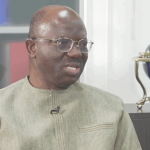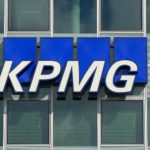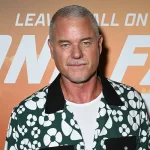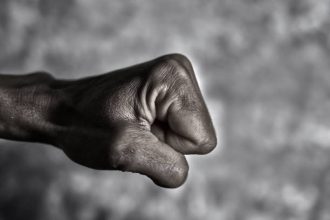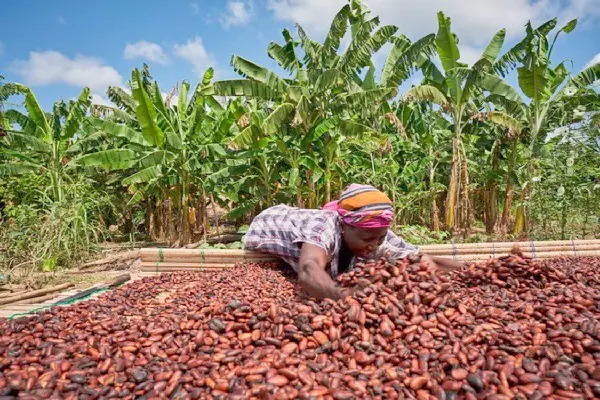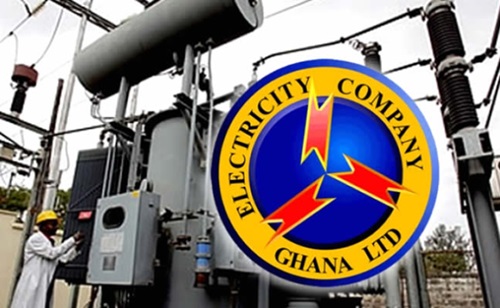The Bank of Ghana (BoG) has attributed its recent loss of GH¢60 billion to the government’s Domestic Debt Exchange Programme (DDEP) and the depreciation of the Ghana cedi against major trading currencies.
The central bank’s loss is in sharp contrast to the previous year, where it made a profit of GH¢1.23 billion in 2021.
The BoG’s audited financial statement for 2022, released on July 28, 2023, indicated that as of December 31, 2022, the total liabilities of the central bank and its subsidiaries exceeded its total assets by GH¢54.52 billion.
The Director of Research at BoG, Dr Philip Abradu-Otoo, has refuted claims of recklessness, ascribing the losses to the government’s domestic debt restructuring activities and the depreciation of the local currency, among others.
“What we are seeing on the balance sheets of BoG is not a result of reckless policy or bad decisions but the direct impact from DDEP. We can say the bank’s policy has been suboptimal. Suboptimal in the sense that we chose an action to save the economy from total collapse, but as a result of the DDEP, it has landed us here.
Highlighting measures to recover the losses, the BoG research director stated that they will strictly ensure that the central bank’s profits are retained.
He further disclosed that officials of BoG have started engaging the government to inject some capital into the central bank.
“We need to recover this GH¢60 billion. The central bank will have to retain its profits. We are now going to ensure that we strictly retain all our profits. One other problem that created this situation was the fact that we need now to move towards optimising the returns from our portfolio. We manage our funds ourselves at the Bank of Ghana.
“And we need to ensure that we get a lot of returns. Above all, we need to ensure that we get capitalised as we move along the process. Those talks have started with the government, and along the line, we expect some capitalisation from the government,” Mr Abradu-Otoo noted.
He stated that the BoG had not received a capital injection from the government since the 60s.
“We have never had a capital injection from our main shareholder [government] since the 60s to keep the bank running. That is top on the agenda. That will have to be done to bring the bank up,” he indicated.



